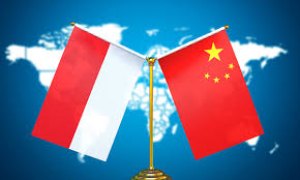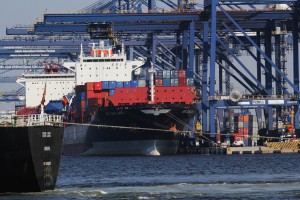Celios research reveals: Indonesia’s disadvantage in nickel downstreaming
According to Director of the China-Indonesia Center of Economic and Law Studies (Celios) Zulfikar Rahmat, the economic benefits of nickel downstreaming policies are considered to be outweighed by the potential losses for Indonesia. This is primarily attributed to the decline in customs and tax revenues resulting from various relaxations.
Zulfikar expressed that downstreaming can indeed have a positive impact on the economy, but not as significant as the government always claims. Instead, he believes that the harms of relaxation policies actually overshadow its various benefits.
The impact of relaxations on revenue generation
Zulfikar argued that Indonesia’s losses from downstreaming arise from policies such as the exemption of export duties, which currently apply to the export of ferro nickel and nickel pig iron (NPI), as well as potential lost tax revenues, such as corporate taxes from nickel mining.
The companies involved in downstreaming receive tax holiday incentives, also causing the country to lose potential revenues of around Rp32 trillion from 2020.
Based on Celios’s study, the total potential revenue loss will be much greater than the economic benefits of nickel downstreaming.
“I’m have no courage to state the difference [between the lost potential and the benefits] right now… These [various relaxations] are indeed meant to prevent the export of raw material and attract investment, but the reality is negative, tens of trillions”, Zulfikar said on Thursday (15/6), quoted by Bisnis.com.
Non-holistic policies on nickel ore sales impact
Furthermore, he explained that non-holistic policies seemingly force miners to sell nickel ore to domestic smelters. While the intention of this approach is commendable, aiming to generate value-added within the country, he argued that the selling price of nickel ore falls significantly below the global market price.
Consequently, according to Zulfikar, the government needs to evaluate downstreaming policies to truly provide optimal economic benefits and not inadvertently eliminate the potential revenues of the country.
Tag
Already have an account? Sign In
-
Start reading
Freemium
-
Monthly Subscription
30% OFF$26.03
$37.19/MonthCancel anytime
This offer is open to all new subscribers!
Subscribe now -
Yearly Subscription
33% OFF$228.13
$340.5/YearCancel anytime
This offer is open to all new subscribers!
Subscribe now






